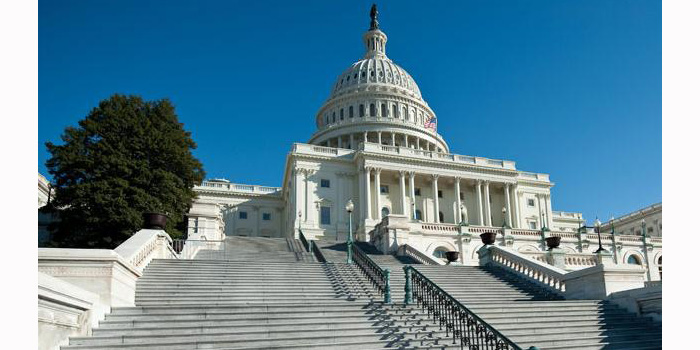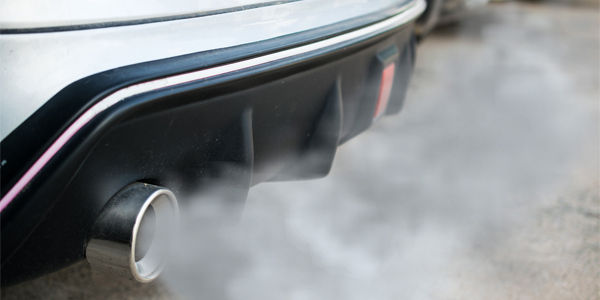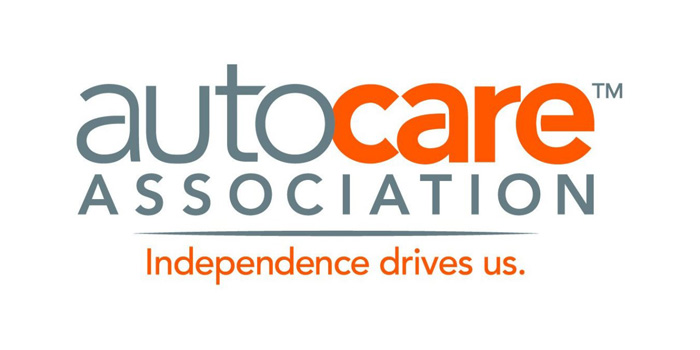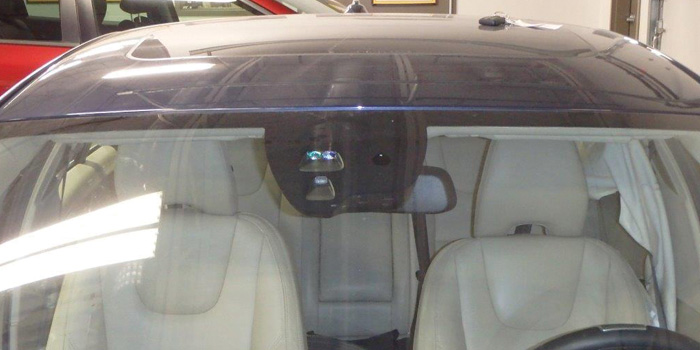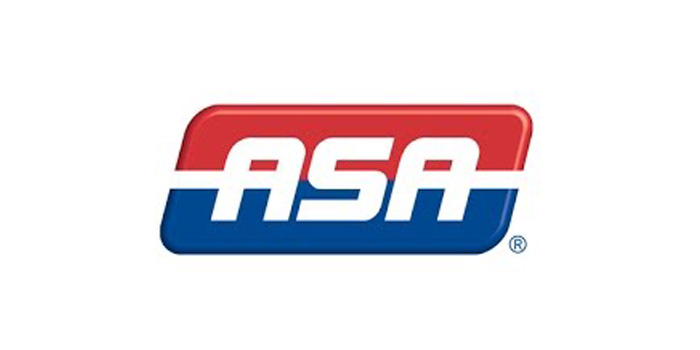ASA Washington, D.C. representative Bob Redding applauded the Pennsylvania House of Representatives for “taking a more reasonable approach” while addressing potential changes to the state’s vehicle emissions inspection and maintenance (I/M) program.
Rather than proceed with legislation (S.B. 742) that would have exempted vehicles eight years and newer from the emissions I/M program, lawmakers decided to commission a study.
“The Senate-passed bill would have eviscerated the state I/M program impacting Pennsylvania’s air quality and small businesses,” Redding said. “ASA Pennsylvania members contacted their legislators and asked that they stop S.B. 742 from moving forward. This study allows policymakers and regulators to review these programs with input from consumers and small businesses.”
Added ASA Pennsylvania Mechanical Division Director Ron Turner, “We think a study is important to ensure that the emissions program enables us to meet air quality standards.”
The Pennsylvania House unanimously passed the revised S.B. 742. The original bill was introduced in June 2019, along with a package of other similar bills aimed at altering Pennsylvania’s emissions I/M program. S.B. 742 is the only one of these emissions bills that survived the state House.
The original version of S.B. 742 included language exempting vehicles eight years and newer from the emissions I/M program. While the amended House version of S.B. 742 does not eliminate the emissions inspection program, it provides for a study reviewing whether the direct impact of different model-year vehicles will be beneficial to ensuring that the program is protecting clean air and public health.


